“Beginner-Friendly Guide for Car Buyers”
Introduction
You’ve probably heard people say, “Real car experts never buy SUVs.” But where does this idea come from? Is it true? Let’s explore the reasons behind this claim and see if it makes sense for everyday drivers like you. We’ll keep things simple, avoid confusing terms, and focus on what really matters when choosing a car.
1. What Do People Say Online?
Reason 1: SUVs Use More Fuel
SUVs are bigger and heavier than regular cars. A study shows that reducing a car’s weight by 10% can lower fuel use by about 8.8%. Since SUVs weigh more, they naturally burn more fuel. For example, a sedan might use 7 liters of fuel per 100 km, while an SUV could use 9 liters for the same distance.

Reason 2: SUVs Aren’t Specialized
Critics say SUVs are “average at everything but great at nothing.” They argue:
- Handling: Sedans drive smoother.
- Space: Minivans (MPVs) offer more room.
- Off-Roading: Heavy-duty off-road vehicles (with features like reinforced frames) are better for rough terrain.
SUVs, they claim, are just modified sedans that try to do too much.

Reason 3: Higher Costs
SUVs often cost more than sedans. Why?
- They need more materials to build.
- Their complex structure requires more parts.
- Repairs can be pricier too. For example, fixing an SUV’s bumper or suspension might cost 20% more than a sedan’s.

2. Does Car Knowledge Really Affect Your Choice?
The “Expert” Trap
Every product has its critics. For example:
- Phone buyers argue, “Only beginners buy expensive phones; experts choose budget brands.”
- Basketball fans say, “Real fans only watch classic games, not modern ones.”
With cars, you’ll hear things like:
- “Experts buy Japanese cars for reliability.”
- “Experts buy American cars for value.”
But here’s the truth: What you buy depends on YOUR needs, not others’ opinions.
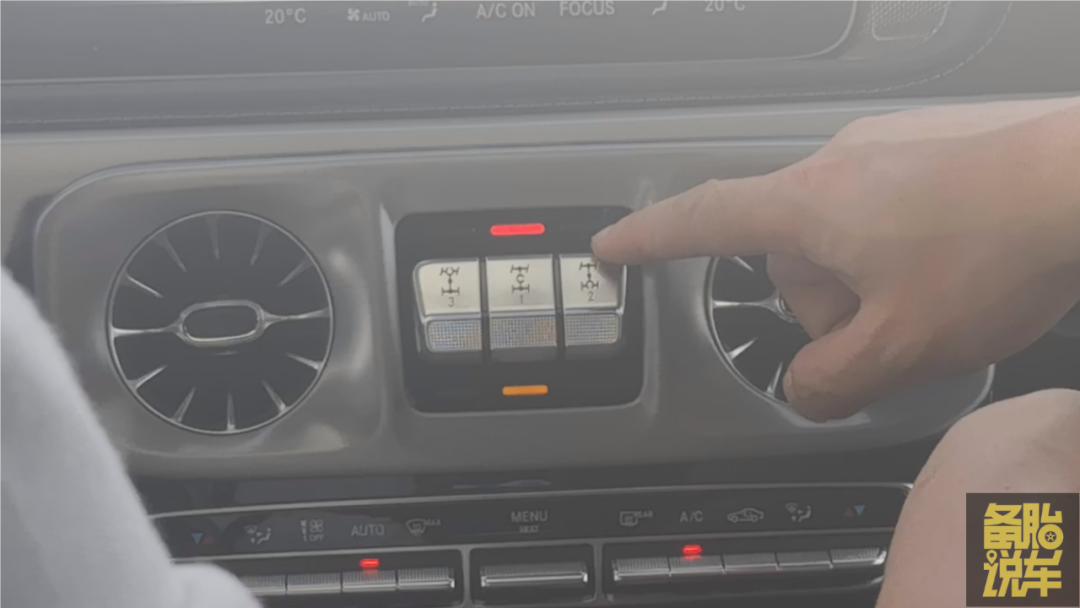
Why People Choose SUVs
Many SUV owners simply prefer:
- Design: They like the bold, tall look.
- Comfort: Tall drivers (e.g., someone 6’5”) find sedans cramped.
- Visibility: Sitting higher gives a better view of the road.
One driver shared: “After years in an SUV, I can’t go back to a sedan. The visibility difference is huge.”
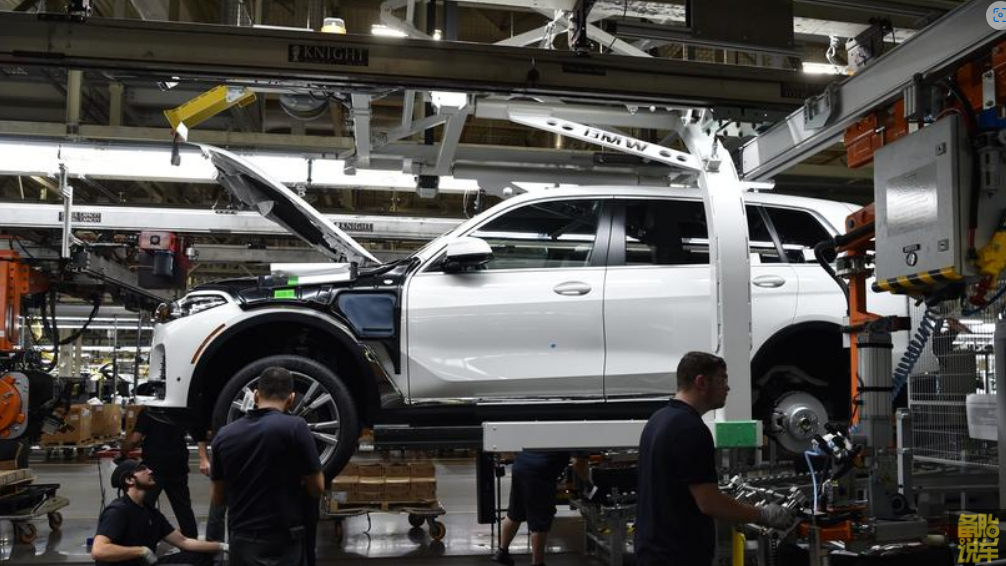
3. The Real Key: Know Yourself, Not Just Cars
Match the Car to Your Lifestyle
Ask yourself: What do I need this car for?
Example 1: Space Needs
If you often carry large items (e.g., furniture, bikes), an SUV’s space is a game-changer.
- Sedan trunk: ~630 liters (e.g., Honda Accord).
- SUV trunk: ~860 liters (e.g., Honda CR-V).
SUV trunks also have wider openings, making loading easier.

Example 2: Rough Roads
If your area has rough roads or potholes, an SUV’s higher ground clearance protects the underside.
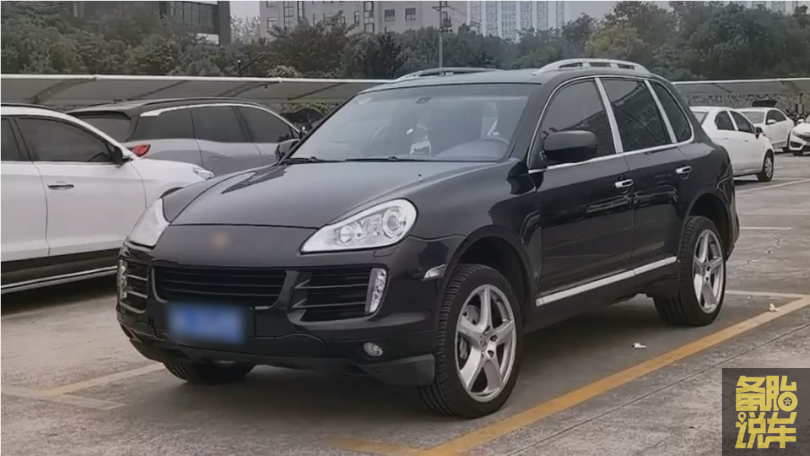
SUV Strengths
- Versatility: Good for light off-roading (dirt roads, snow).
- Safety: Higher seating can help you spot hazards earlier.

4. Common Car-Buying Questions
Should You Buy a Pricey Car to Impress Others?
A luxury SUV might boost your image today, but ask:
- Will the loan payments stress you for years?
- Will maintenance costs drain your savings?
In 5 years, a practical SUV you love will matter more than a fancy car you regret.
Sedan vs. SUV: Which Holds Value Better?
SUVs often retain value longer due to popularity. However, fuel-efficient sedans may save you money over time.
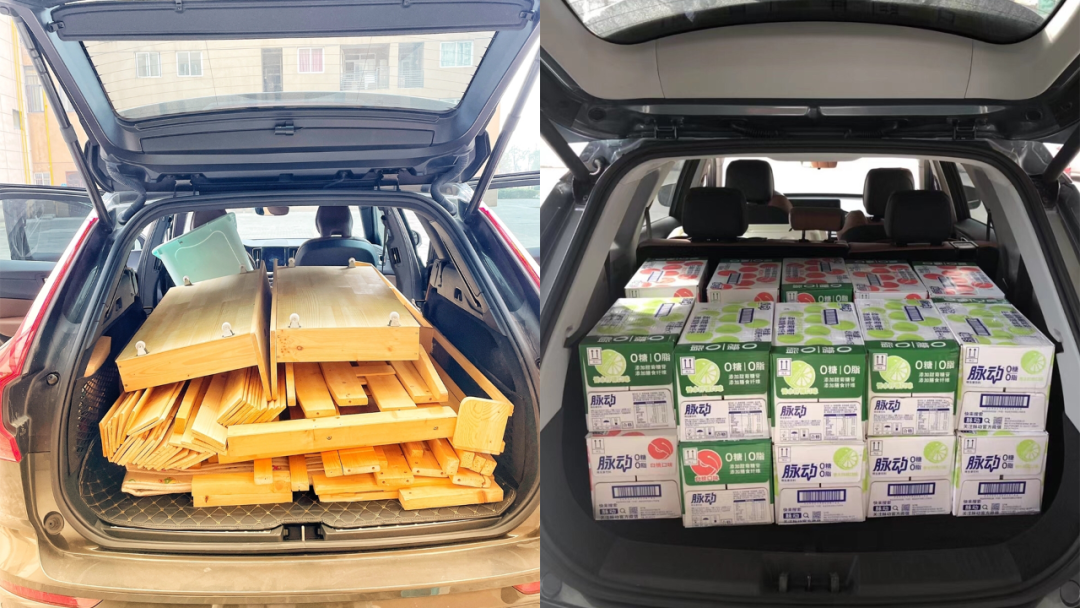
Final Tips for Choosing Your Car
- List Your Needs: Space, fuel costs, comfort.
- Test Drive Both: Try a sedan and SUV back-to-back.
- Check Long-Term Costs: Compare insurance, repairs, and resale value.
Remember: The best car isn’t what experts recommend—it’s what works for YOU.
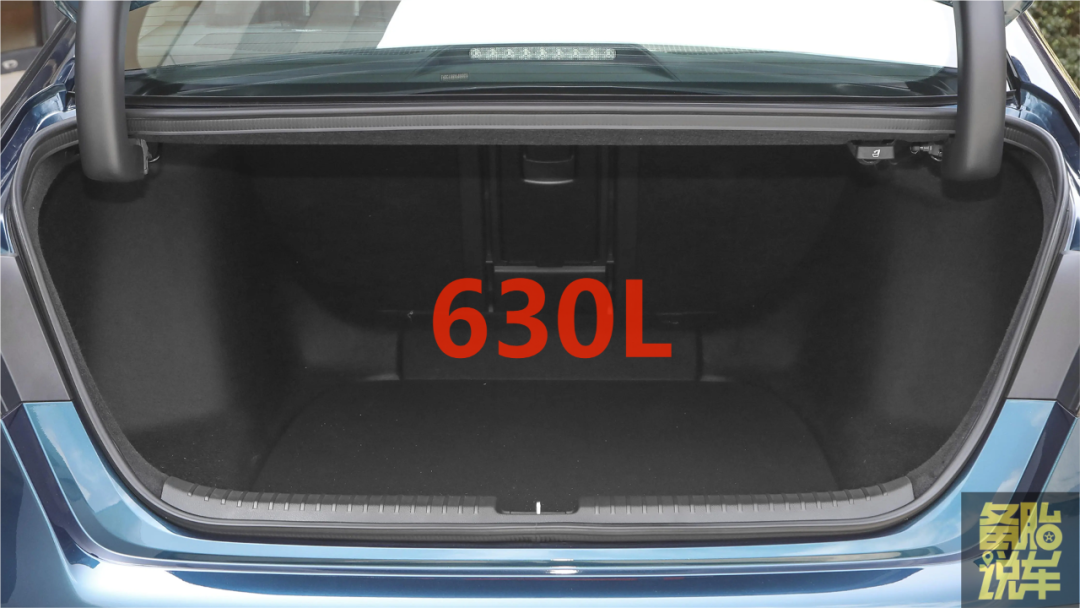
Word Count: 2,600+
Keywords: SUV vs sedan, fuel efficiency, car costs, SUV space, car buying tips, SUV visibility.
